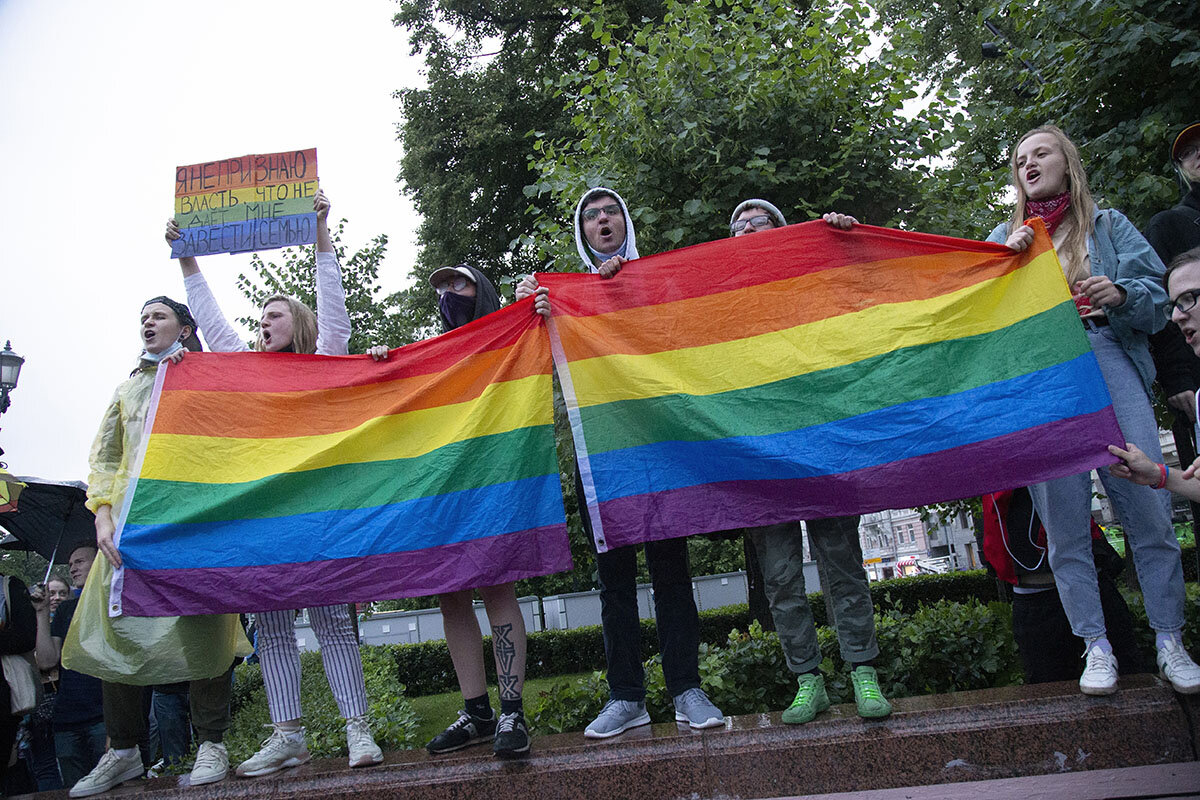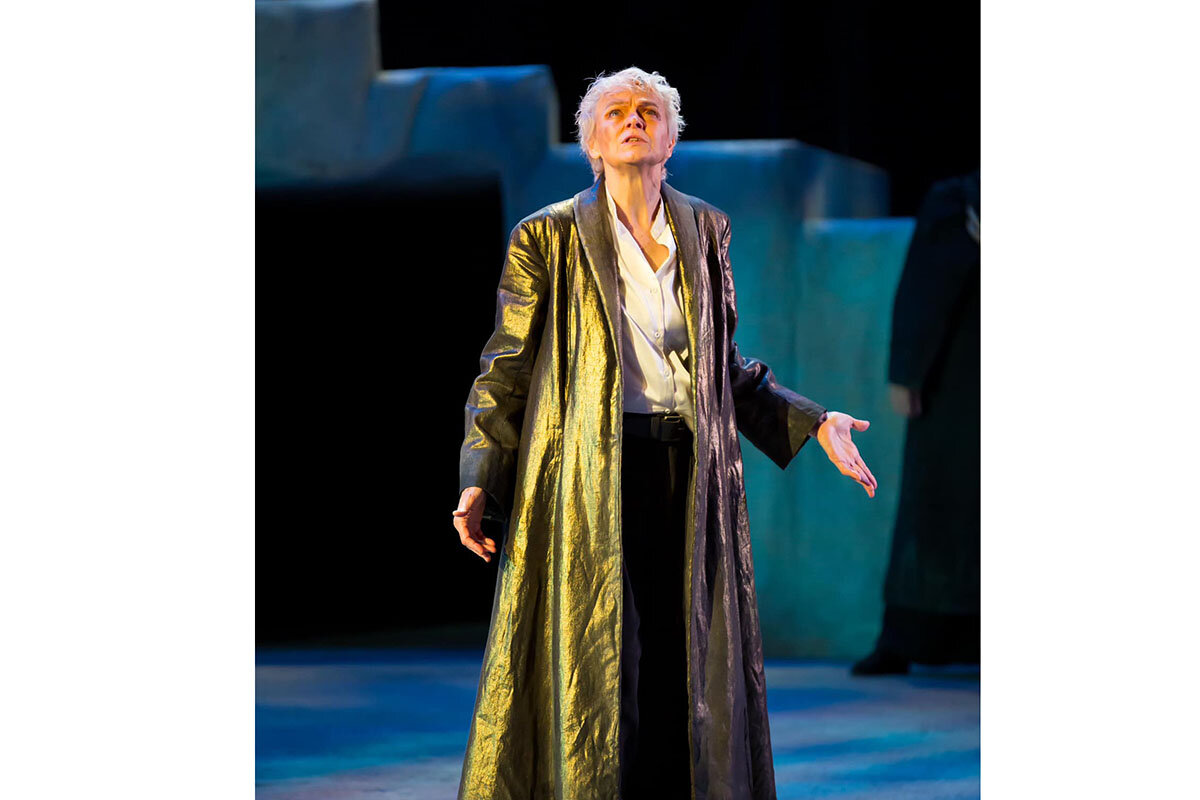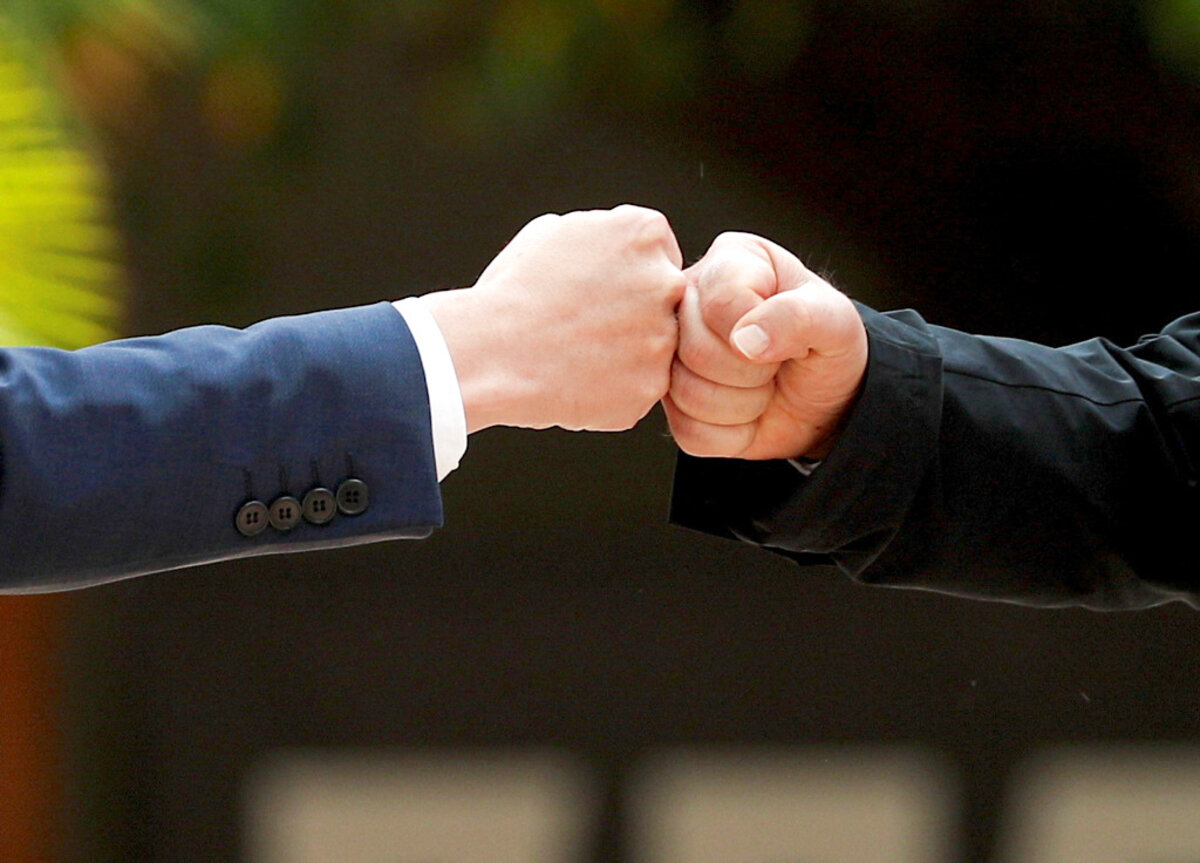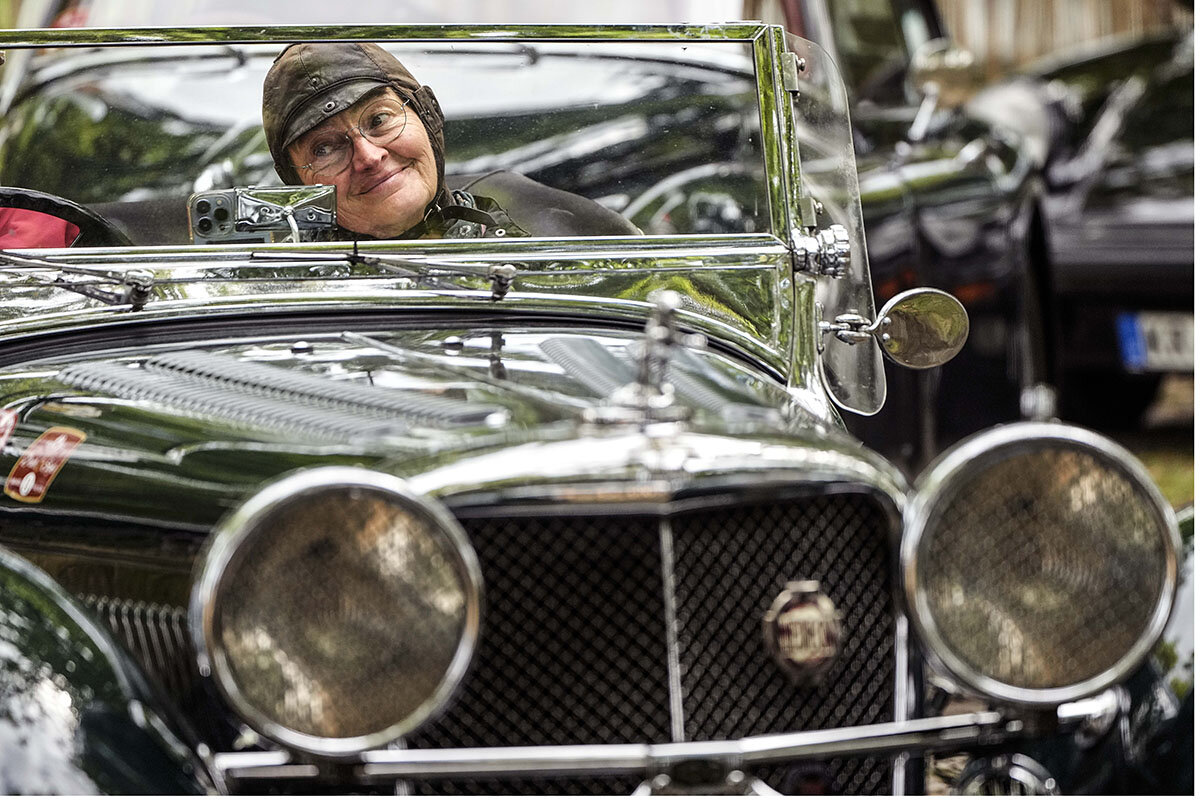One measure of a nation’s strength is social cohesion. Hezbollah leader Hassan Nasrallah has been closely watching Israel’s wrenching protests over judicial reform, in which military reservists have played a prominent role.
Monitor Daily Podcast
- Follow us:
- Apple Podcasts
- Spotify
- RSS Feed
- Download
 Peter Grier
Peter Grier
Former U.S. President Donald Trump has a new adversary in his attempt to win back the White House. It’s not special counsel Jack Smith, or Florida Gov. Ron DeSantis and other GOP rivals. It’s not even President Joe Biden.
It’s the clock.
Next year, Mr. Trump will face a long, demanding campaign schedule. Primary season begins with Iowa’s Republican caucuses on Jan. 15 and stretches through June. If he wins the nomination – and he’s currently the faraway front-runner – general election rallies and other events will suck up his time.
But he might also face a grueling legal schedule, preparing for and attending criminal trials.
Mr. Trump’s attorneys have made clear that they would prefer his federal criminal cases be postponed until after the election. That’s possible, but not likely.
His classified documents trial in Florida is set to begin in May – though that could change. This week’s indictment on election charges related to Jan. 6 appears designed to produce as speedy a trial as possible. Mr. Trump is the sole defendant. Counts are narrowly focused.
The judge in the trial has set a first hearing on Aug. 28, saying she’ll pick a trial date then.
The bottom line: Next year’s election could be unlike any in American history, with traditional issues swept aside for a swirling focus on courtroom drama and Mr. Trump’s legal fate, including possible jail time.
“This election may very well be about Donald Trump’s personal freedom,” longtime GOP strategist Ari Fleischer told The Associated Press this week.









